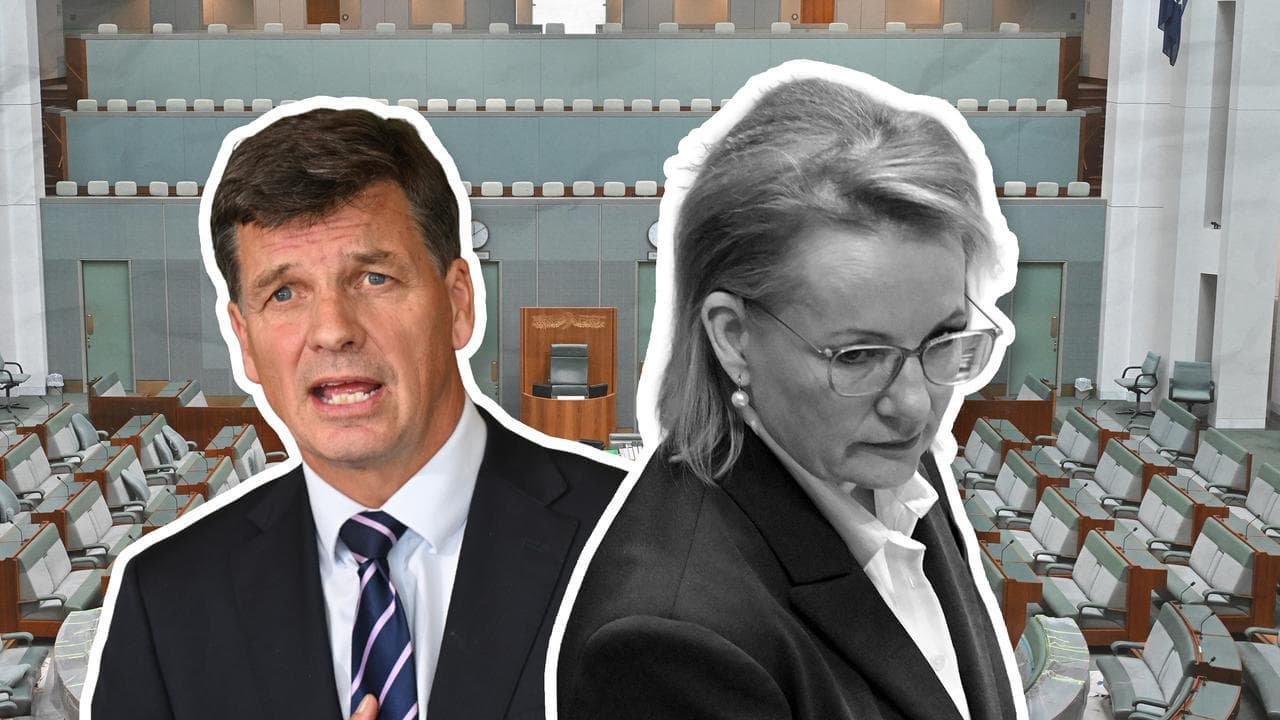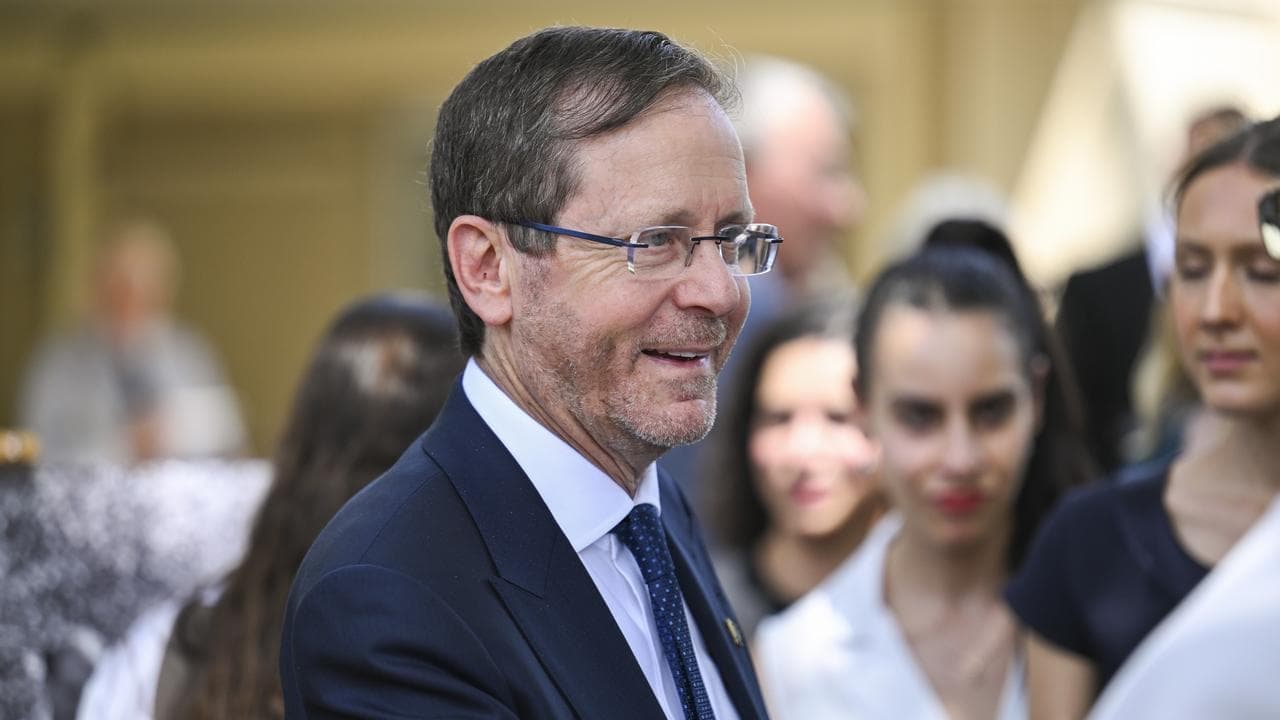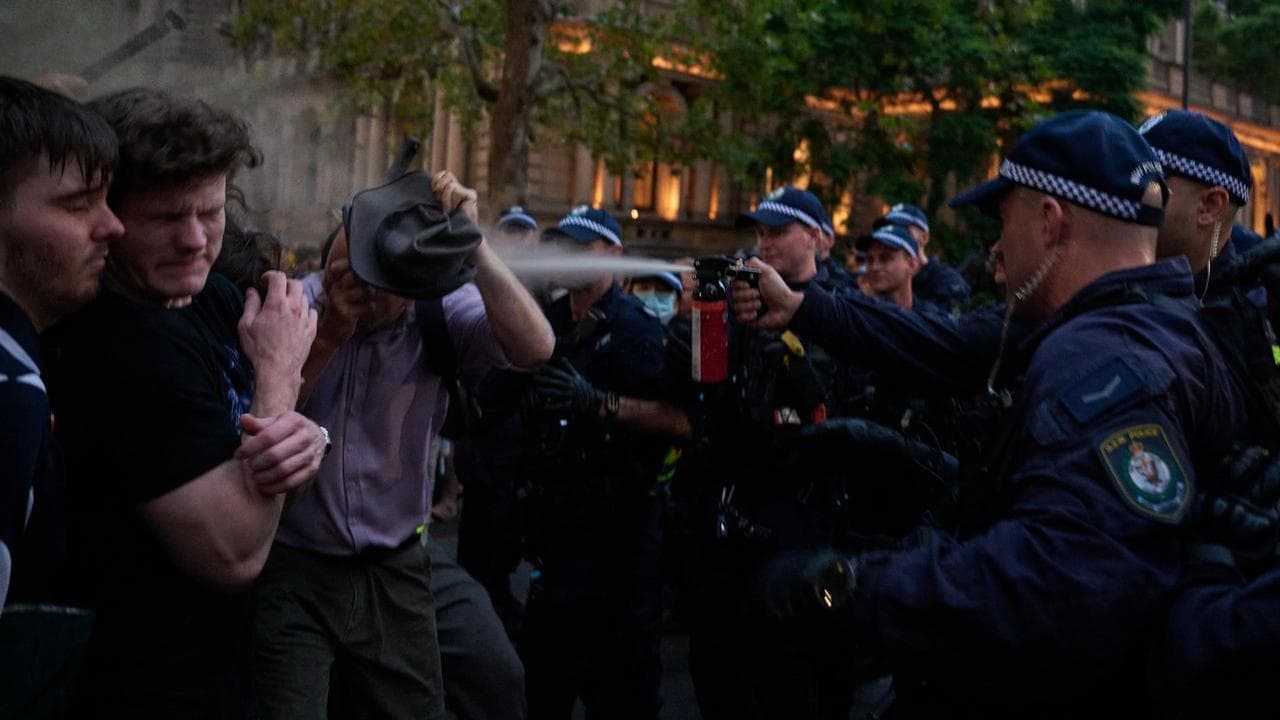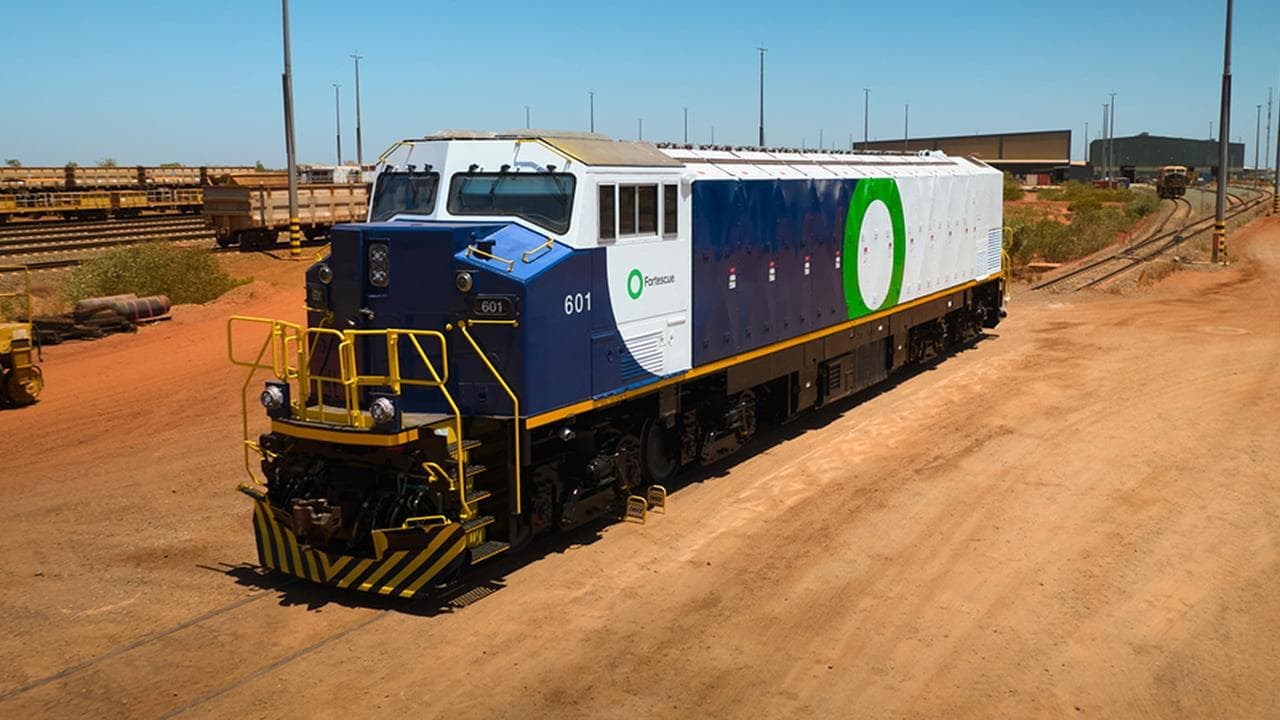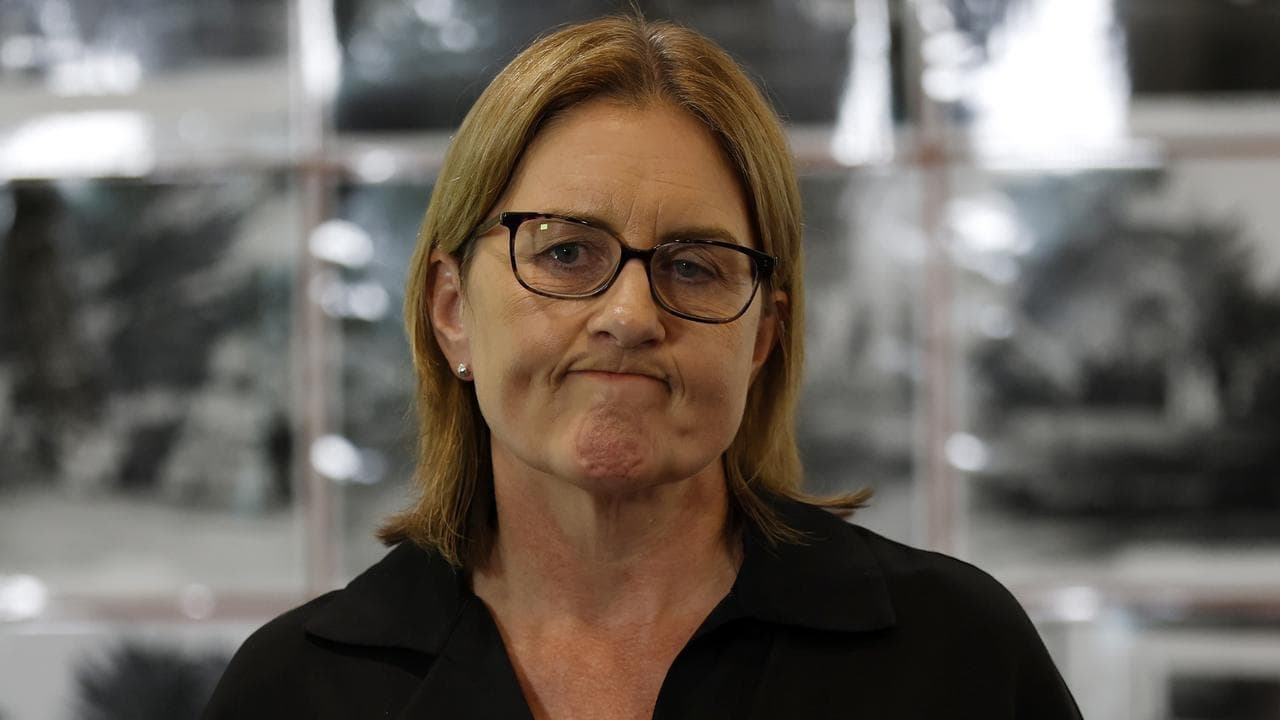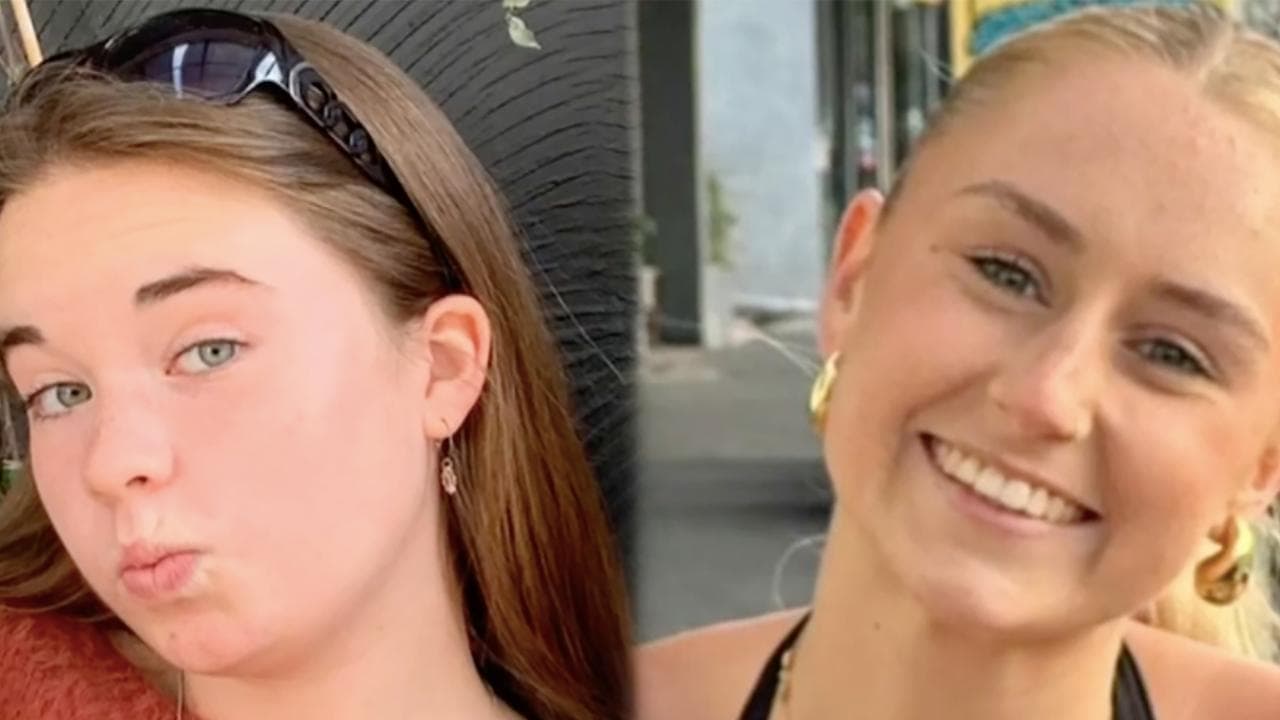WHAT WAS CLAIMED
NATO has banned mainstream media from covering anti-Zelenskiy protests in Ukraine.
OUR VERDICT
False. Protests against laws approved by President Volodymyr Zelenskiy have been widely covered by the media.
AAP FACTCHECK - Media outlets have not been banned from reporting on anti-government protests in Ukraine, despite a claim spreading online.
A video shared on social media claims the North Atlantic Treaty Organization (NATO) prohibited news organisations from covering demonstrations that broke out in July 2025 after President Volodymyr Zelenskiy approved amendments curbing the independence of anti-corruption agencies.
However, the protests have been extensively covered by international and local media.
The claim appears in an Instagram post on July 23, 2025, that includes a screenshot of an X post from an account that posts pro-Russian content.

"NATO imposes a total ban on all mainstream media, including the BBC and CNN, from covering the anti-Zelensky protests in Ukraine: drawing comparisons to the Tiananmen Square massacre in China," it states.
On July 22, Ukraine's parliament passed amendments to the Criminal Procedure Code that grant the prosecutor general new authority over investigations and cases pursued by the two key anti-corruption bodies.
The bill was signed into law by President Zelenskiy later that day.
Protests broke out in Kyiv and other cities across Ukraine in response, criticising the bill for undermining anti-corruption efforts and calling for Zelenskiy to veto the amendments.
Despite claims online, protests against the bill have been widely covered by news organisations, including the BBC and CNN.
CNN published an online news article on July 23, along with a video story and social media post.
The BBC also filed multiple online stories, a video package and a podcast episode discussing the protests.

Articles have also appeared in the Guardian, the New York Times, the Associated Press, Reuters, the Kyiv Independent and Kyiv Post.
A spokesperson for NATO confirmed the organisation had not placed a ban on media coverage.
"The claim is bogus and we categorically reject it," the official told AAP FactCheck.
"As the preamble to the North Atlantic Treaty states, NATO Allies 'are determined to safeguard the freedom, common heritage and civilisation of their peoples, founded on the principles of democracy, individual liberty and the rule of law'."
On July 24, Zelenskiy submitted draft legislation to reinstate the independence of the anti-corruption bodies and reverse the changes made by the amendments, according to Reuters.
AAP FactCheck is an accredited member of the International Fact-Checking Network. To keep up with our latest fact checks, follow us on Facebook, Instagram, Threads, X, BlueSky, TikTok and YouTube.







